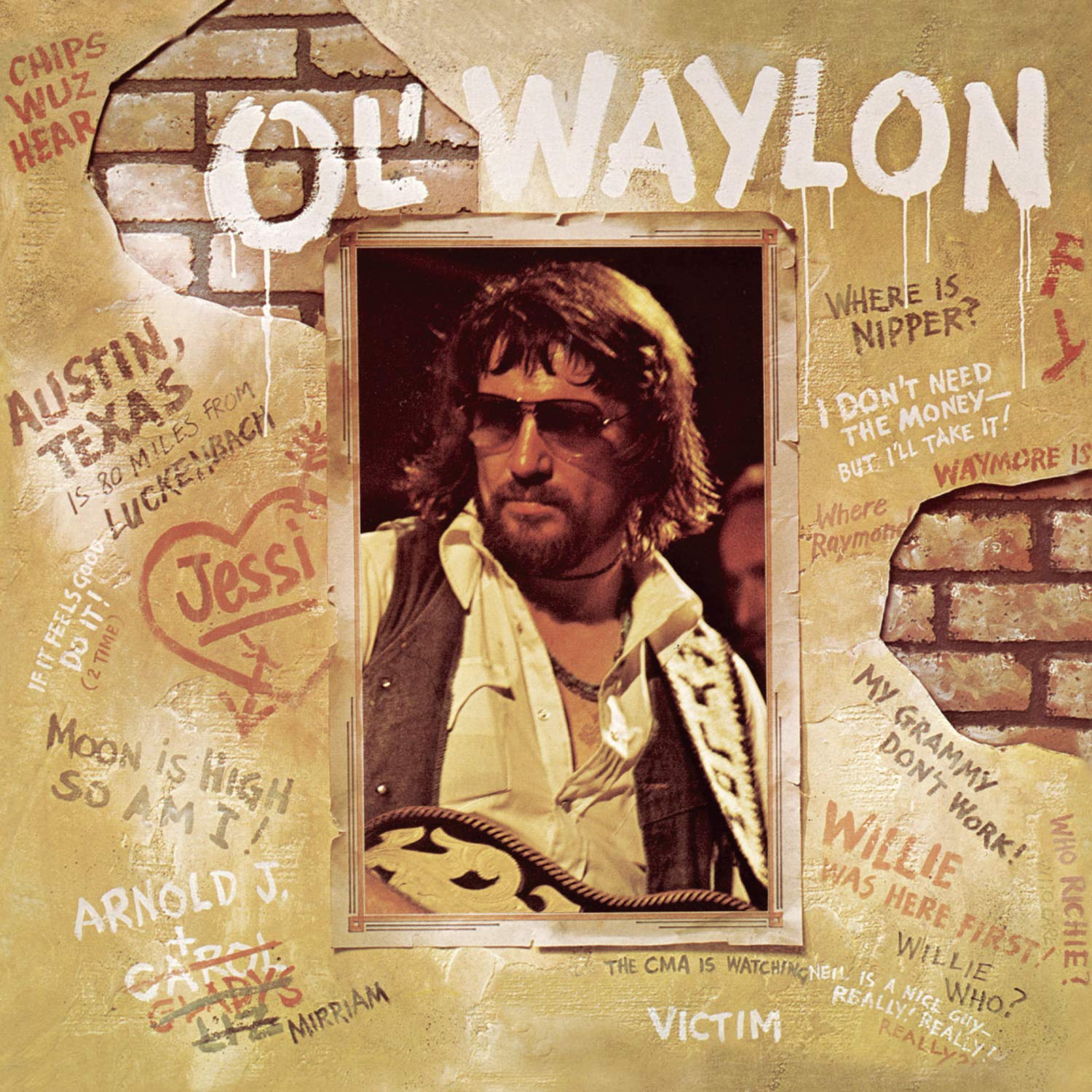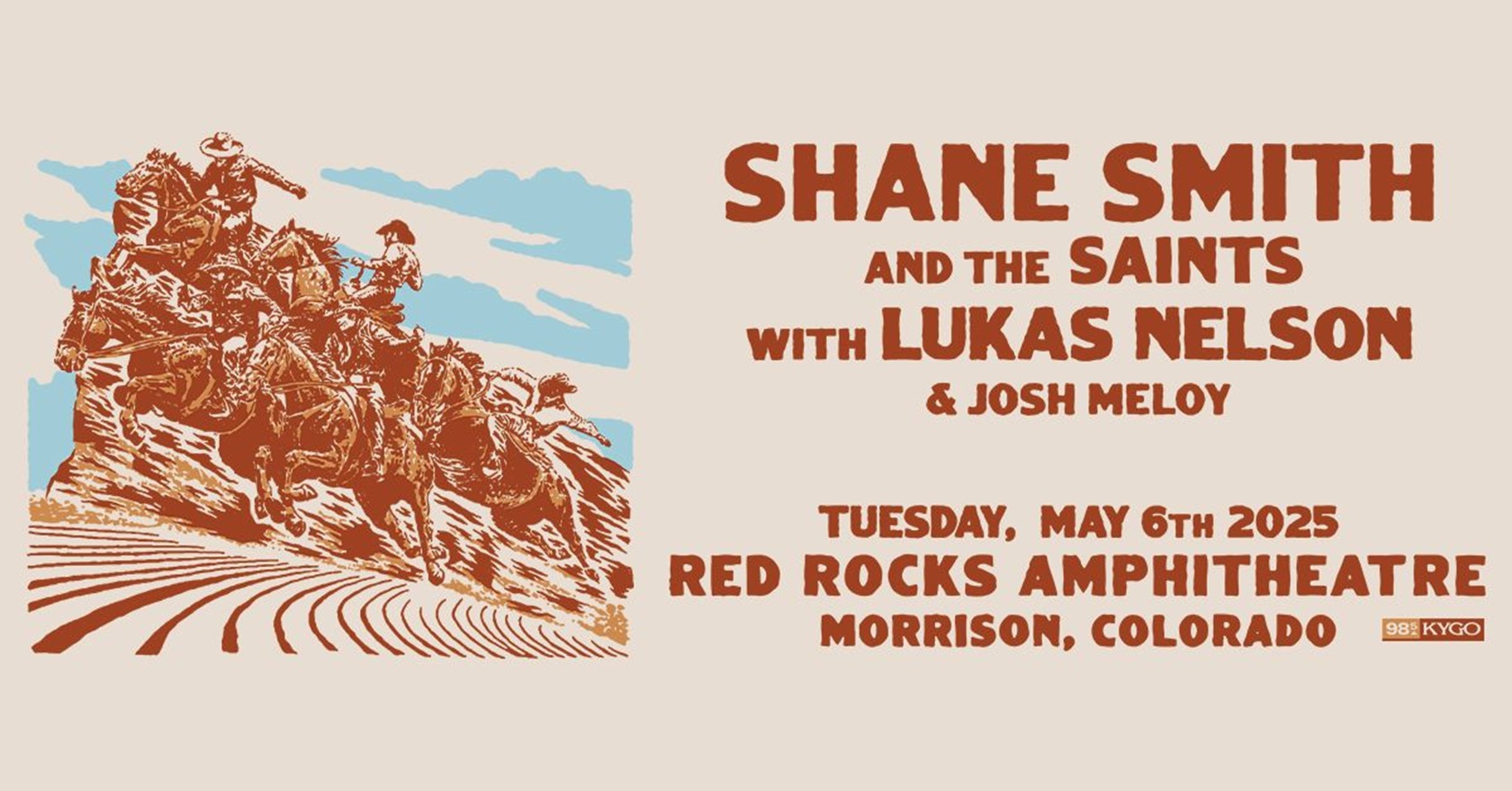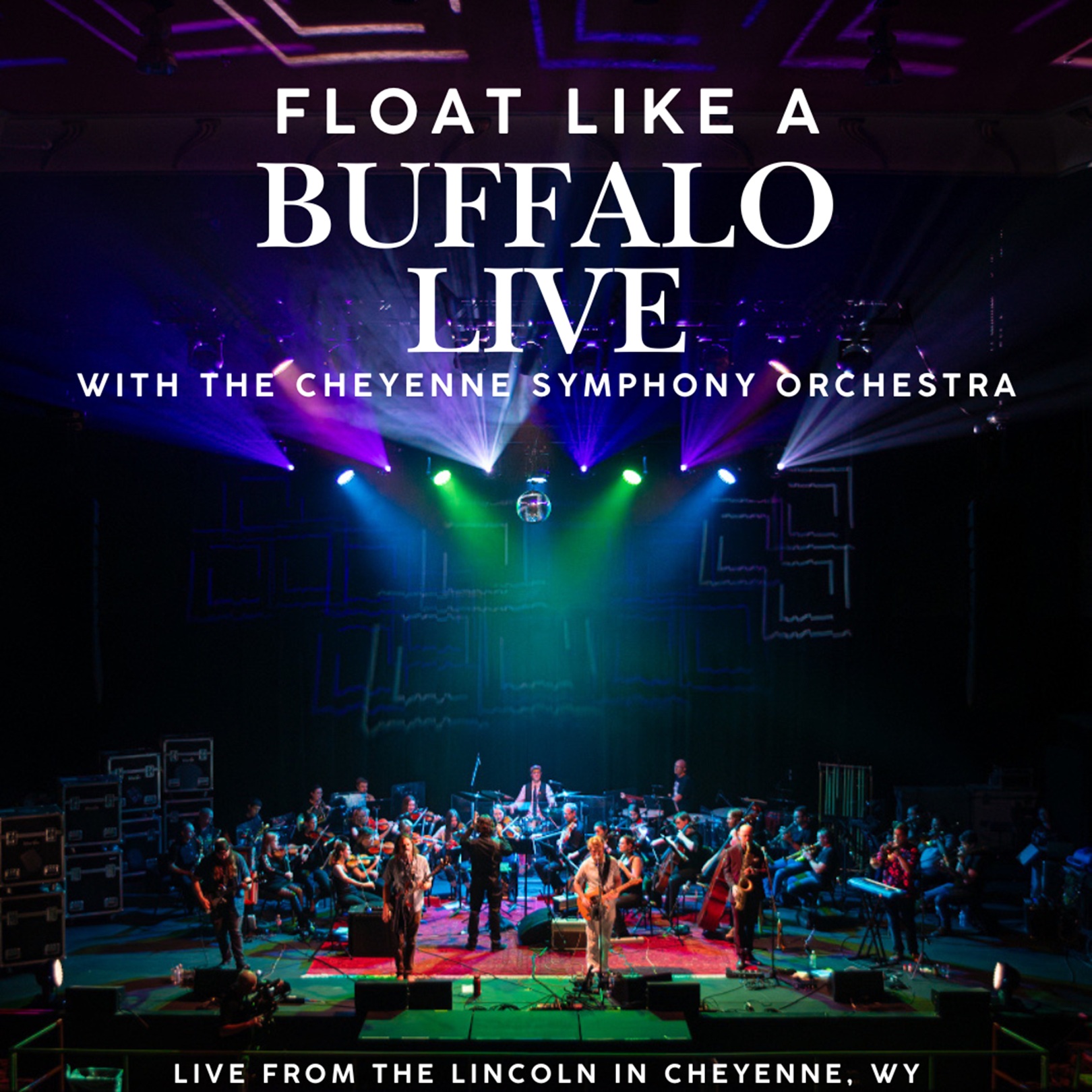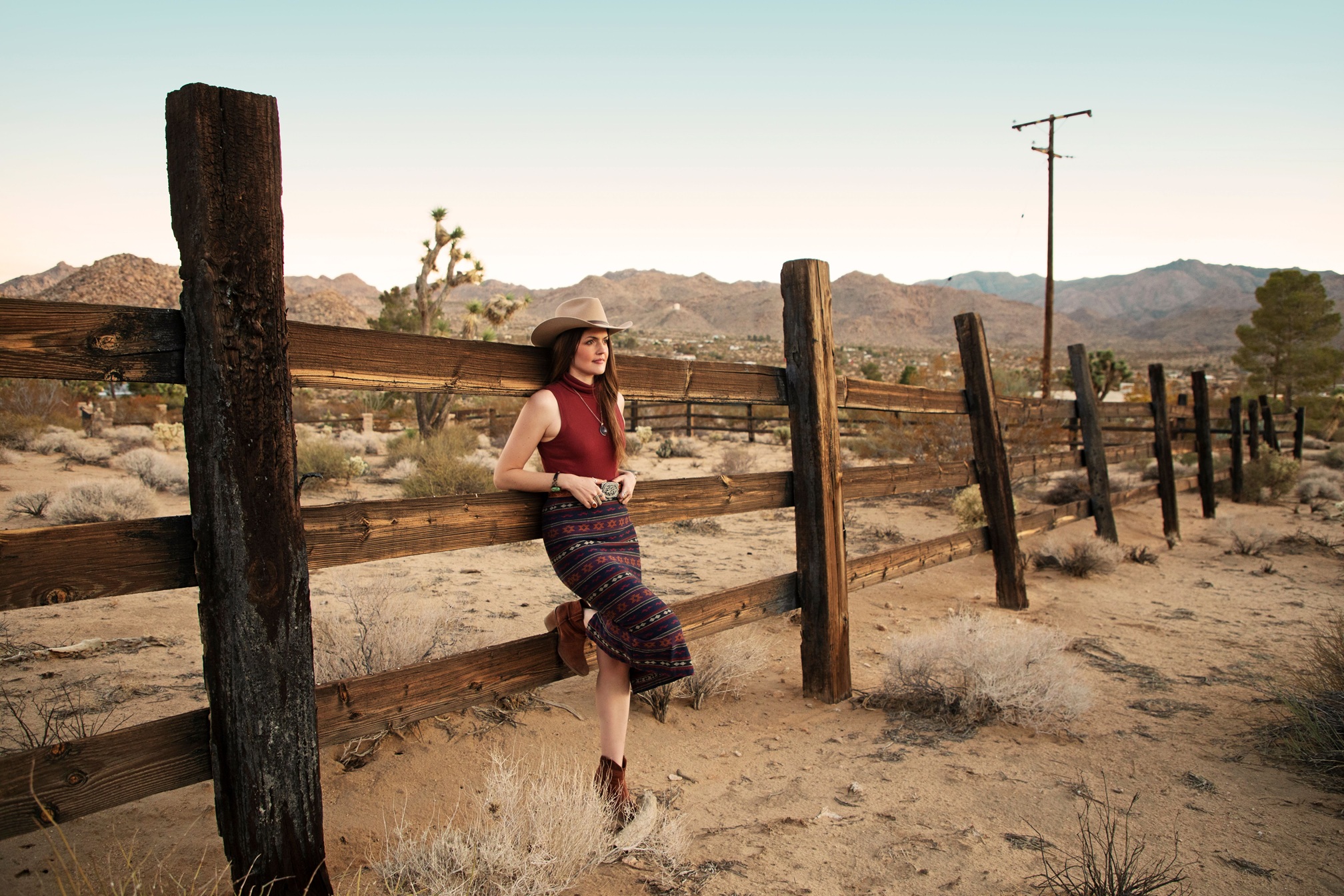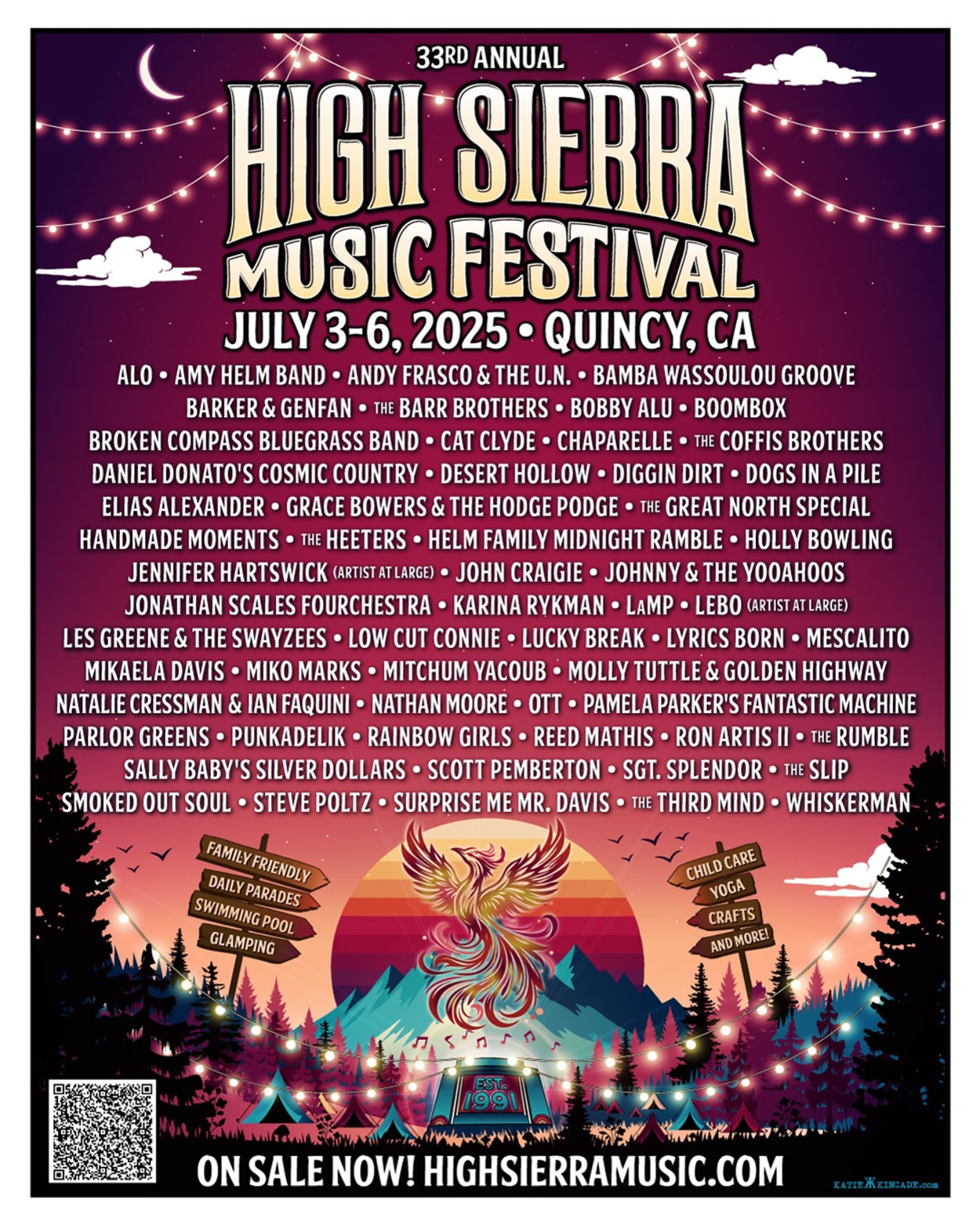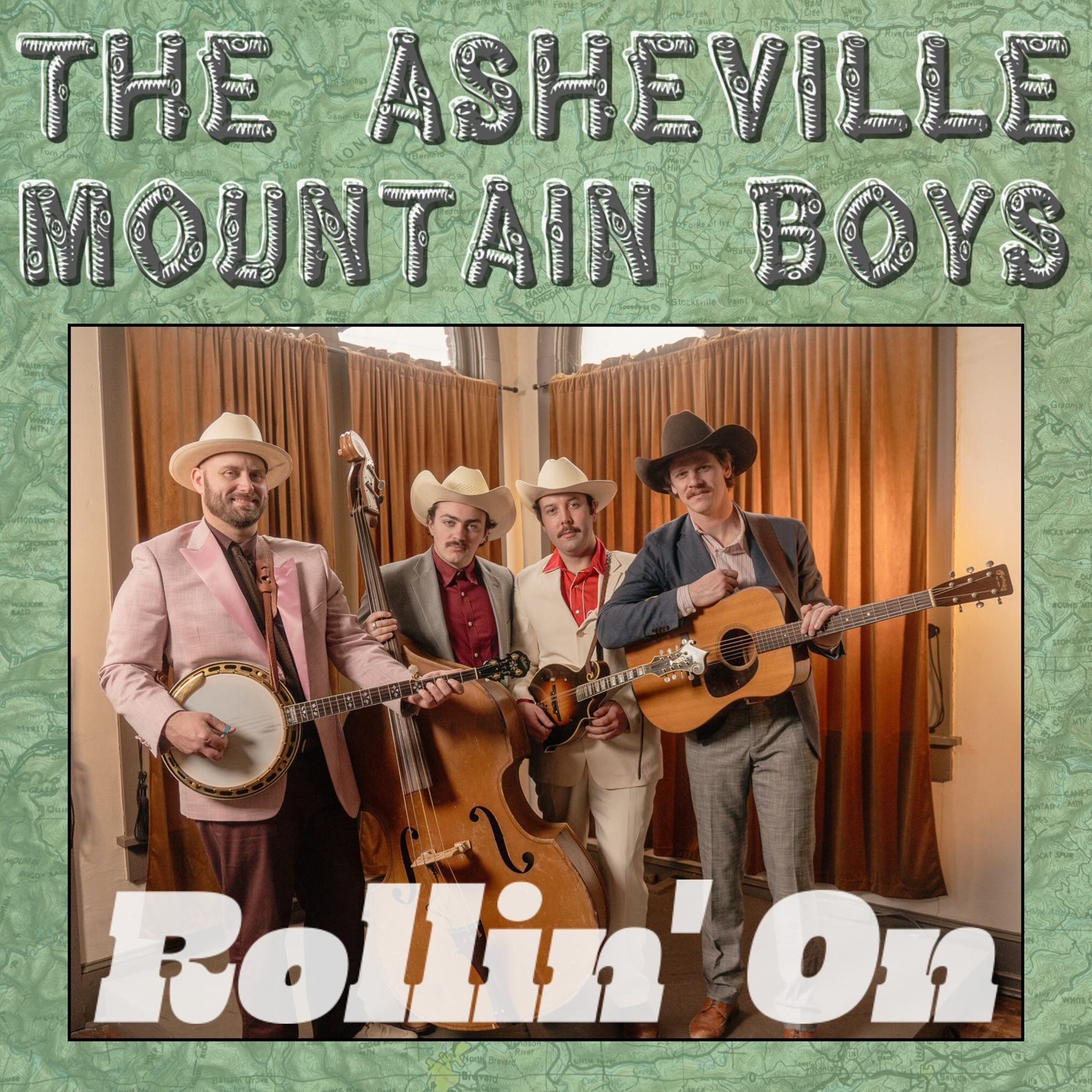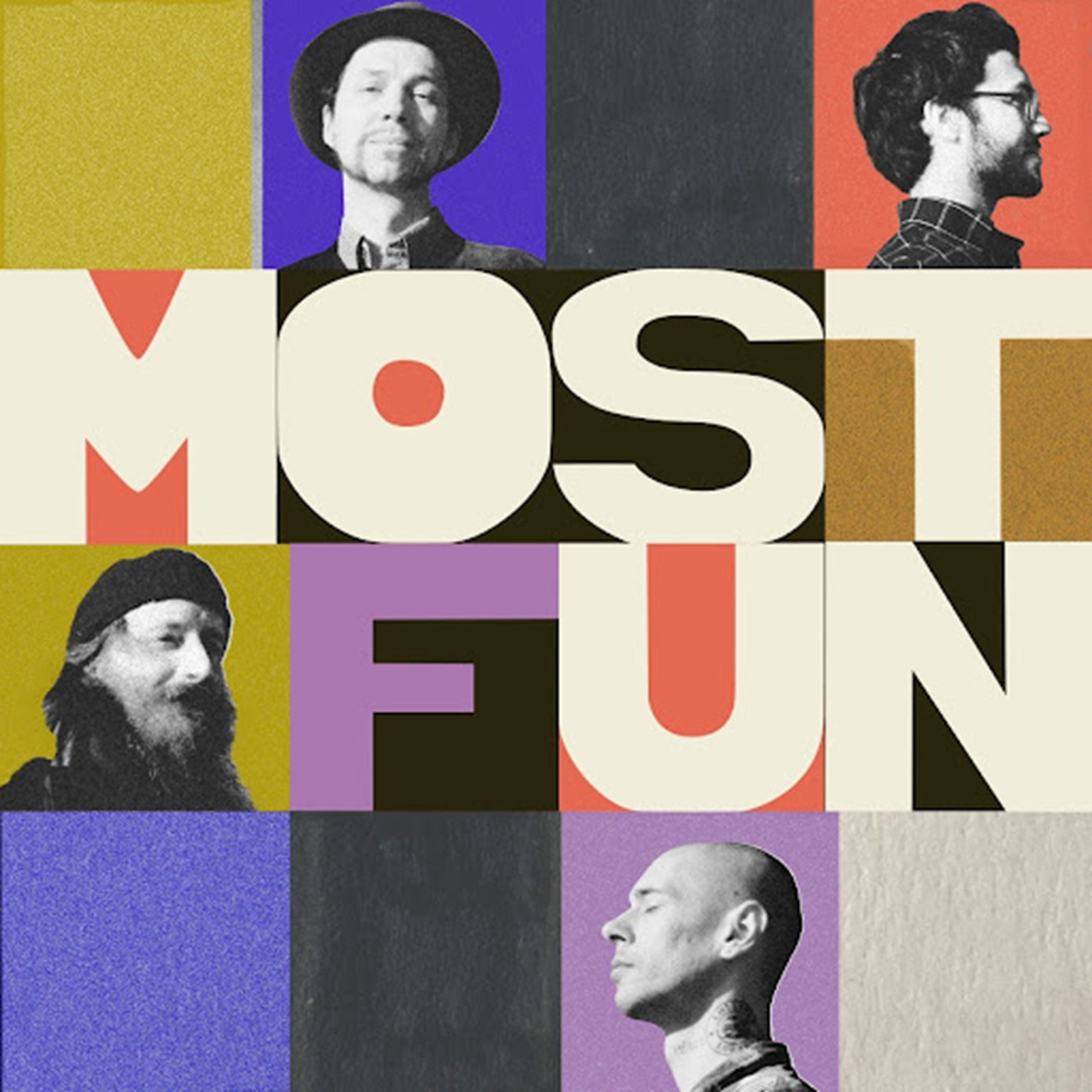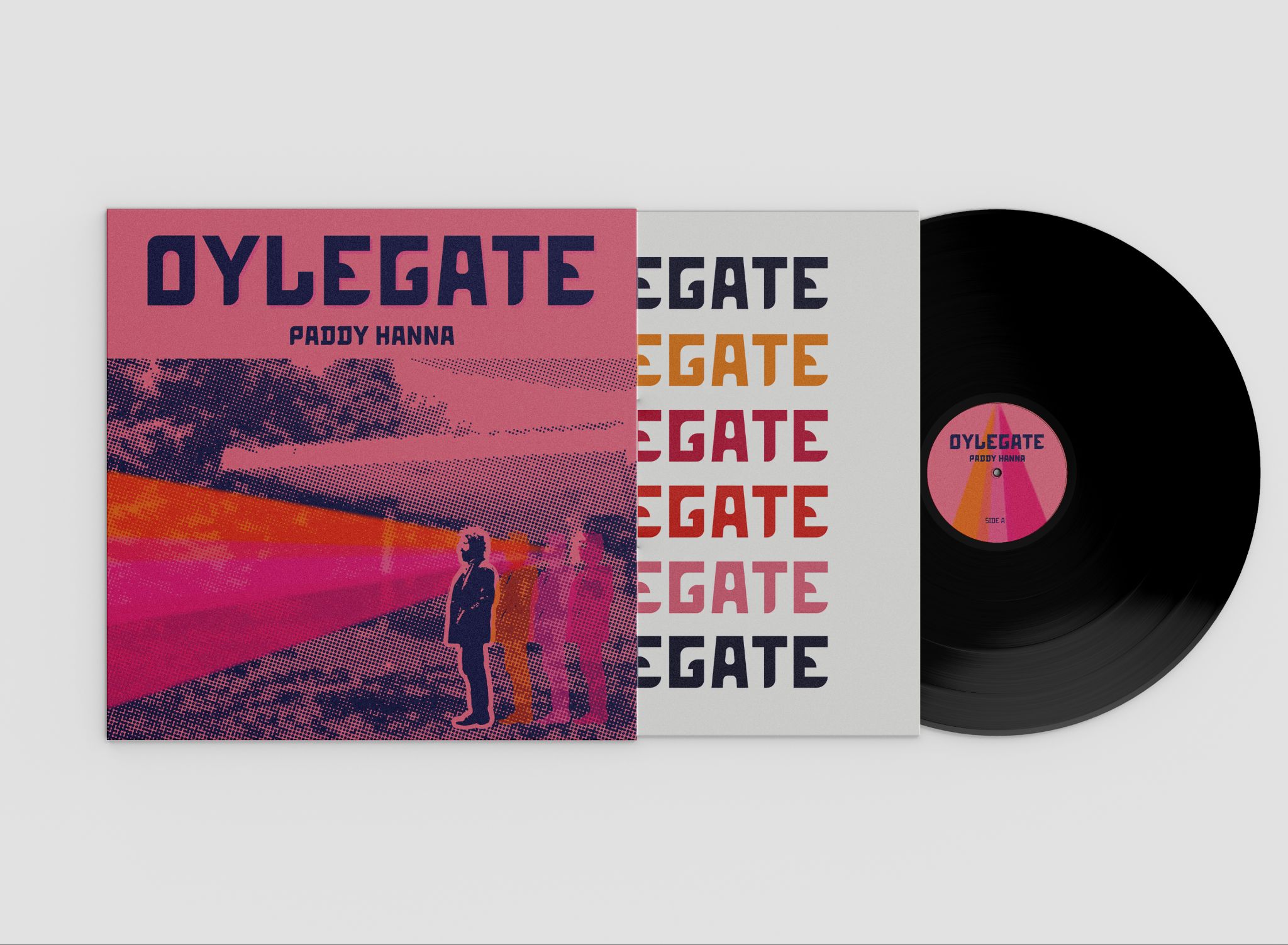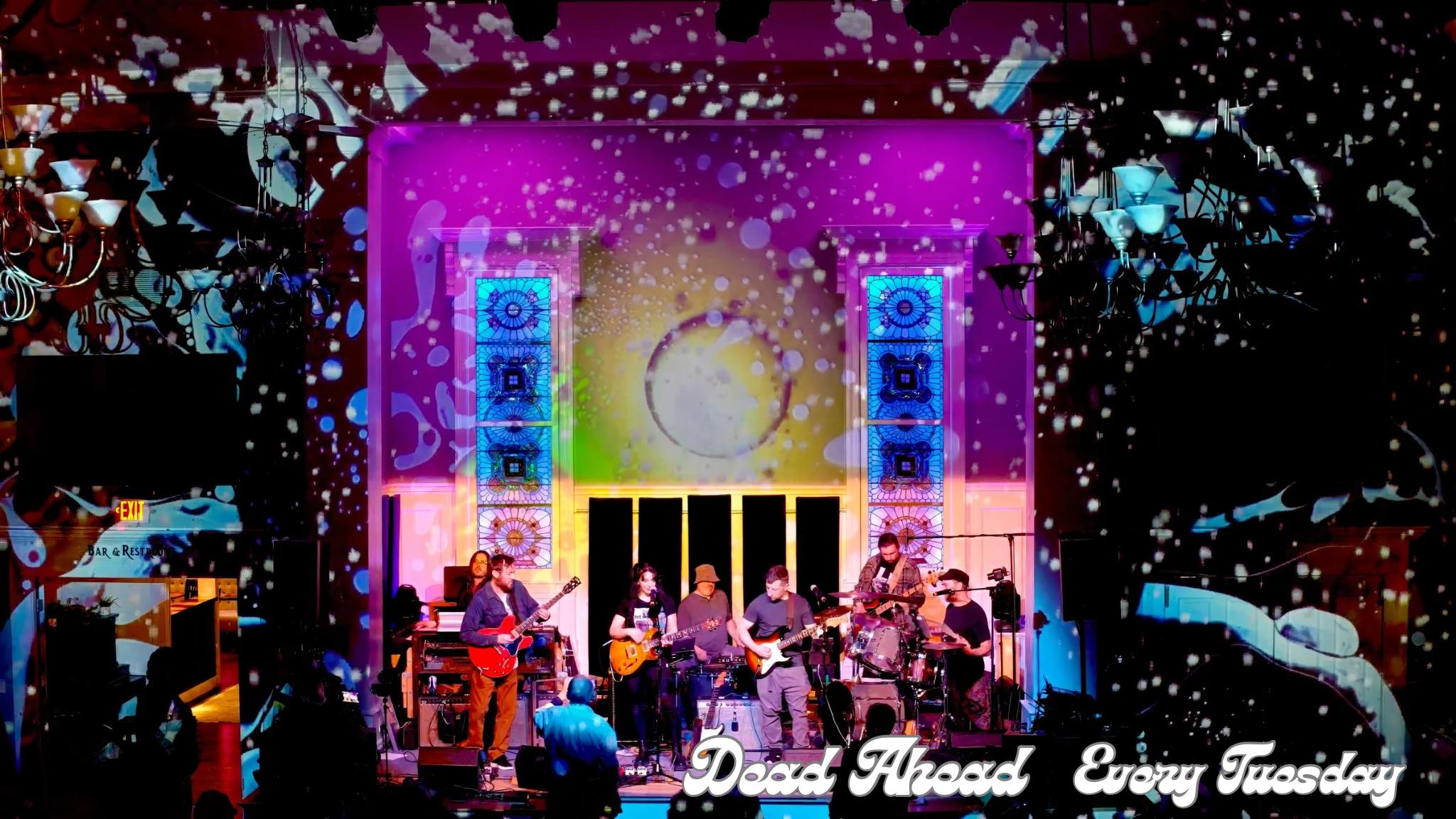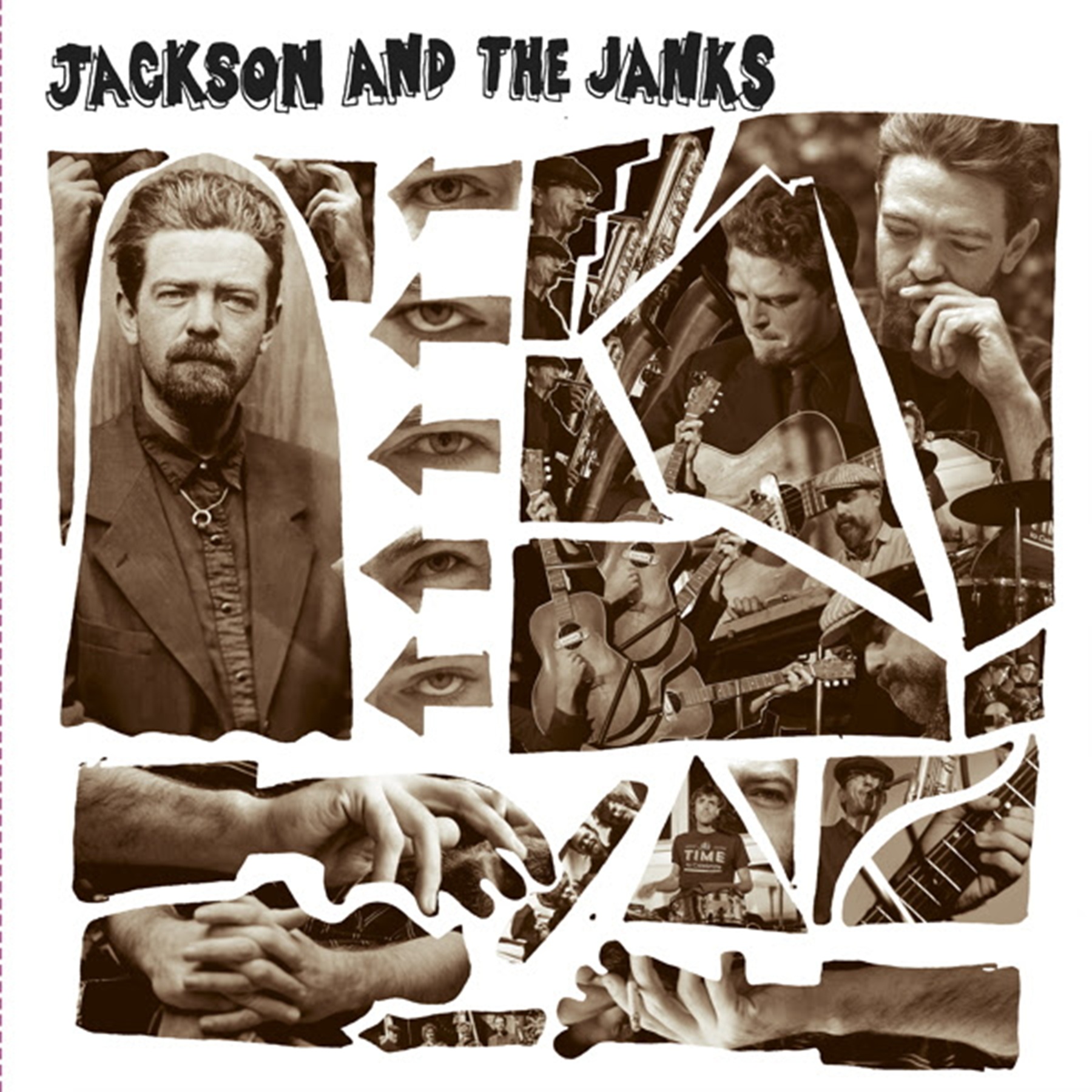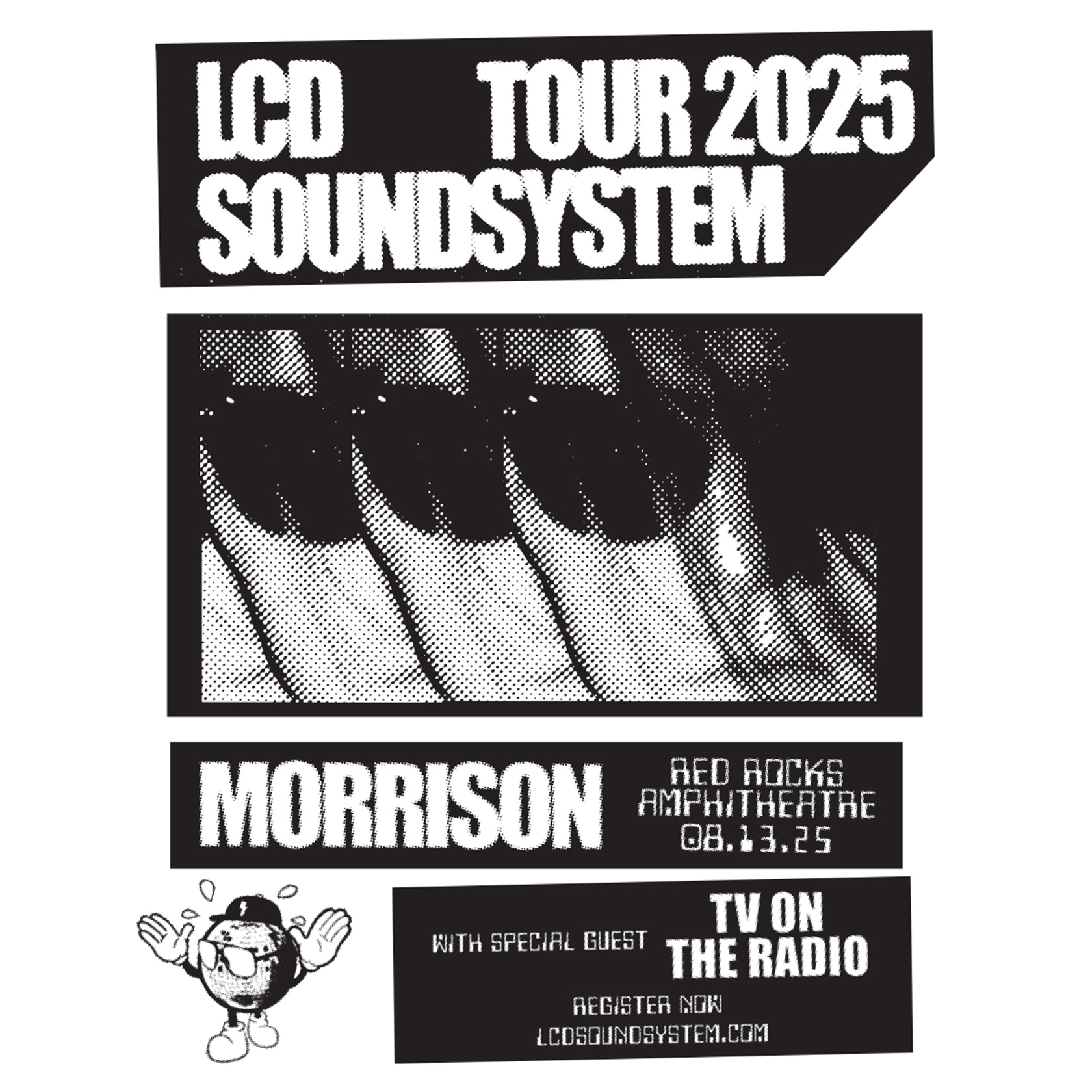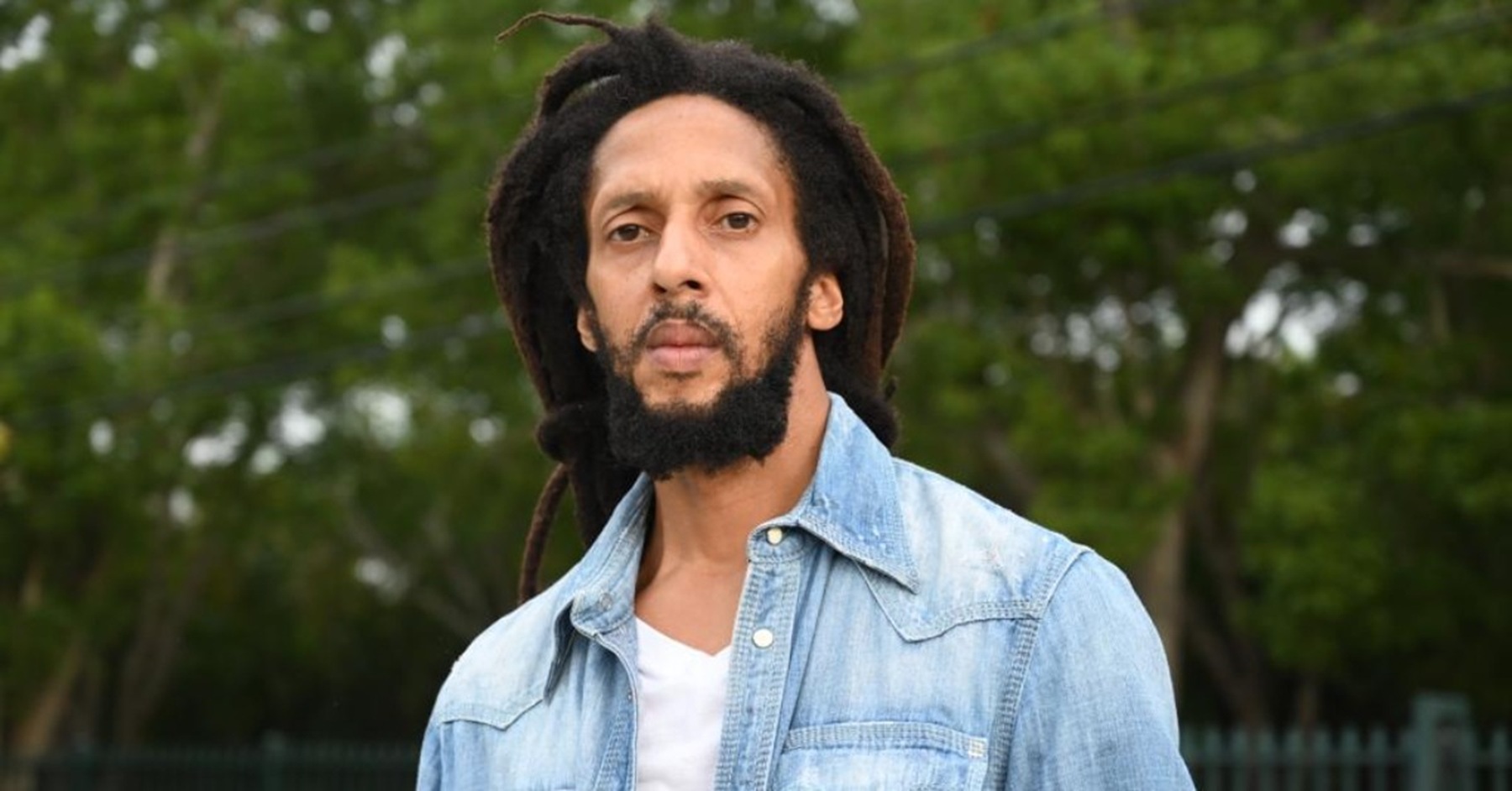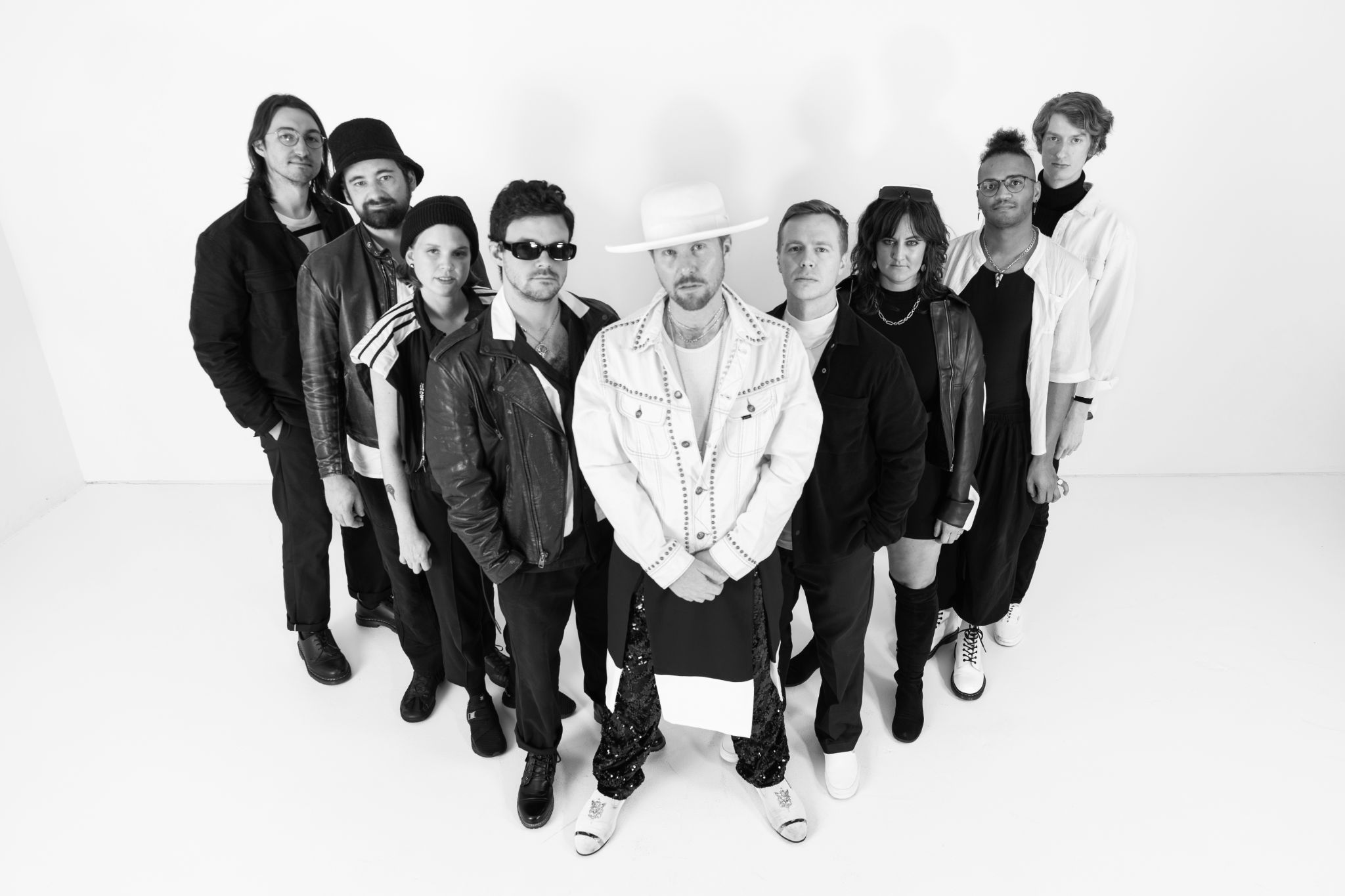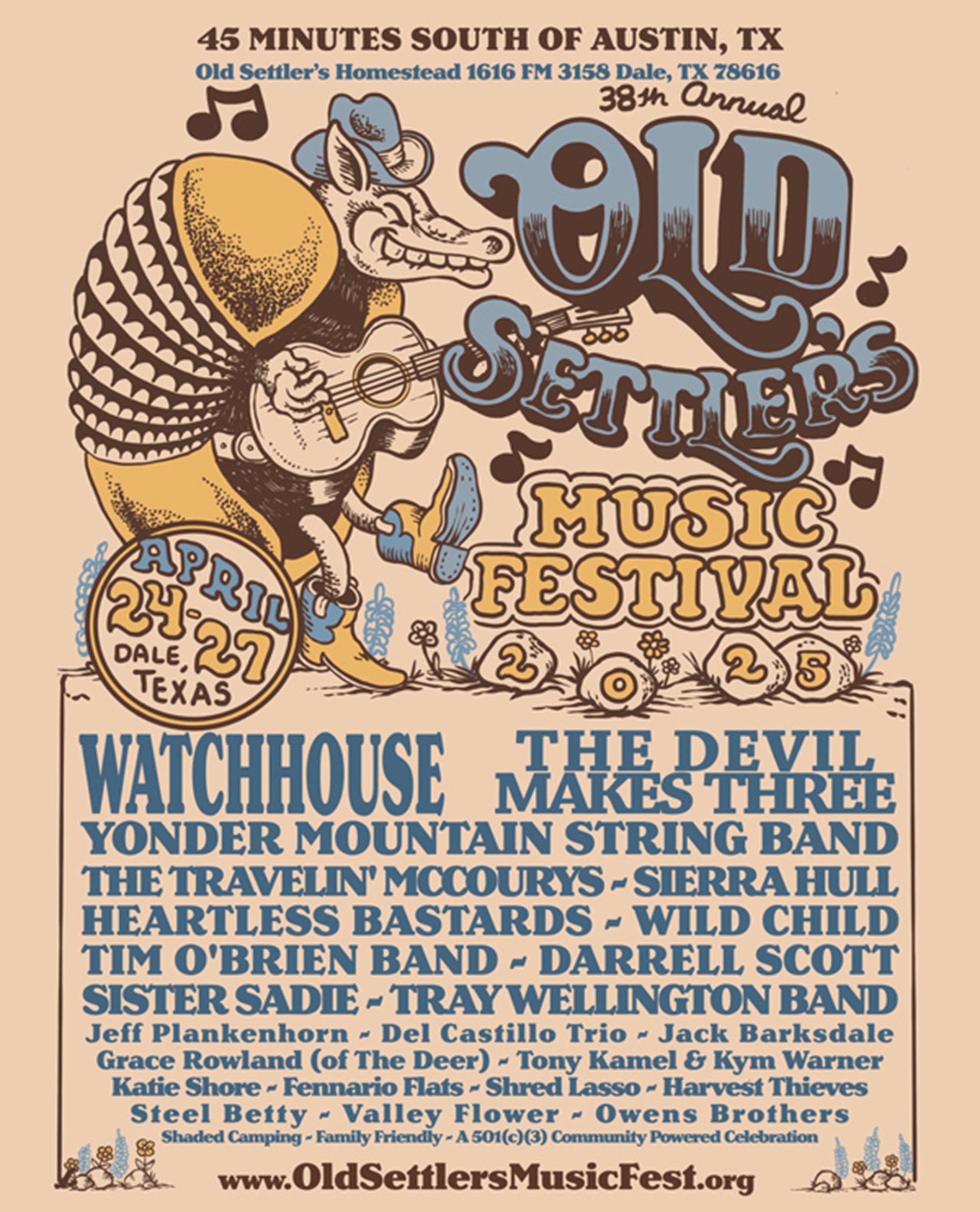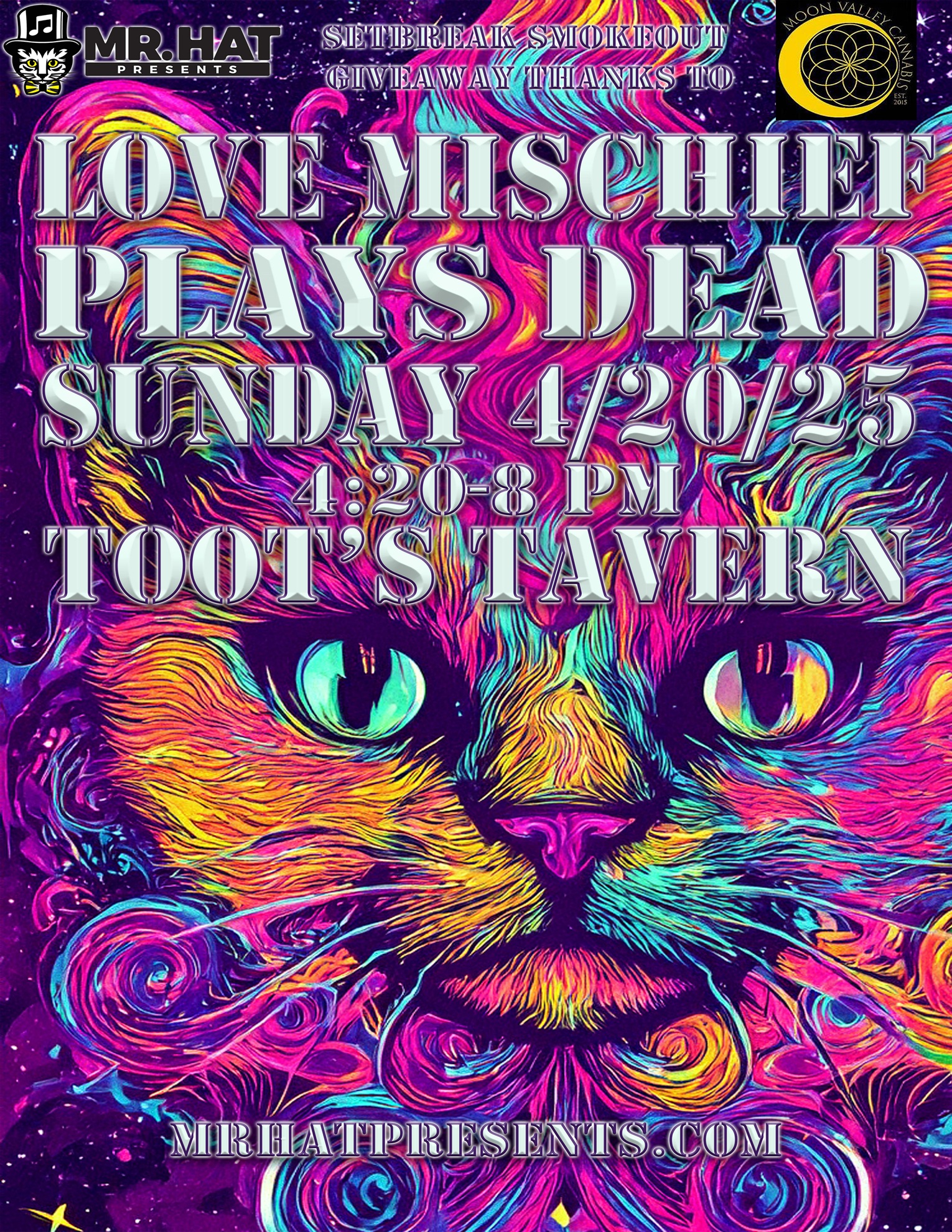Today, we tip our hats and raise our glasses to Waylon Jennings, the outlaw country icon born on June 15th. His voice, deep as the Texas night, carried the stories of rebels and dreamers, painting pictures of heartache, freedom, and the wild frontier. Here at Grateful Web, we honor the legacy of this musical maverick and his storied connection with the Grateful Dead.
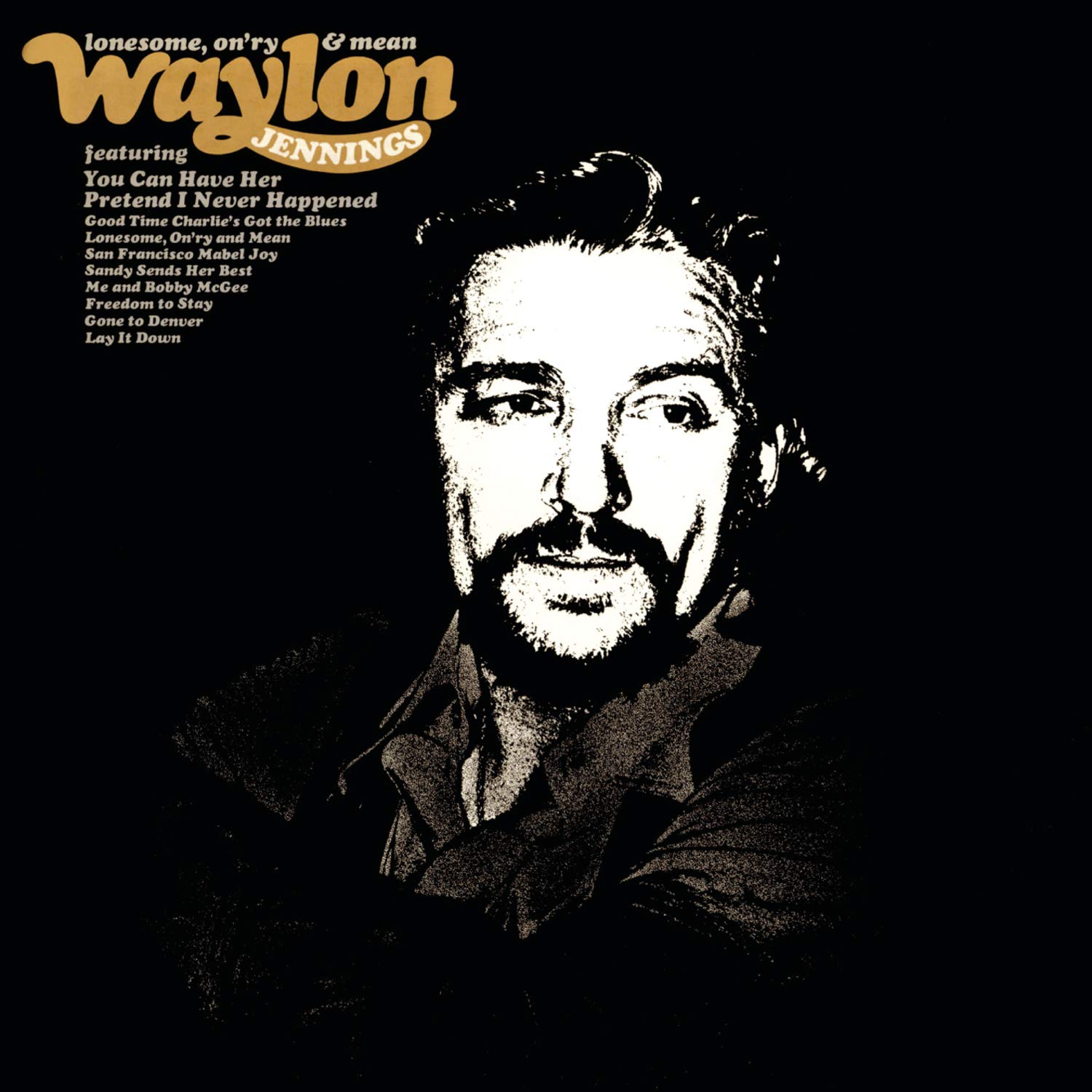 Lonesome, On'ry and Mean
Lonesome, On'ry and Mean
Waylon Jennings' influence on the current crop of outlaw country musicians is as profound as it is enduring. Today's artists, from Sturgill Simpson to Chris Stapleton, draw from the well of Waylon's raw authenticity and unyielding spirit. Waylon's defiance of Nashville's polished production standards in favor of gritty, unvarnished sound paved the way for a new generation of musicians to embrace their roots while pushing the boundaries of the genre. His fearless approach to songwriting, where personal truth and storytelling intertwined, resonates deeply with artists who seek to honor tradition while forging their own paths. Waylon’s legacy exemplifies the power of staying true to oneself, no matter the prevailing trends.
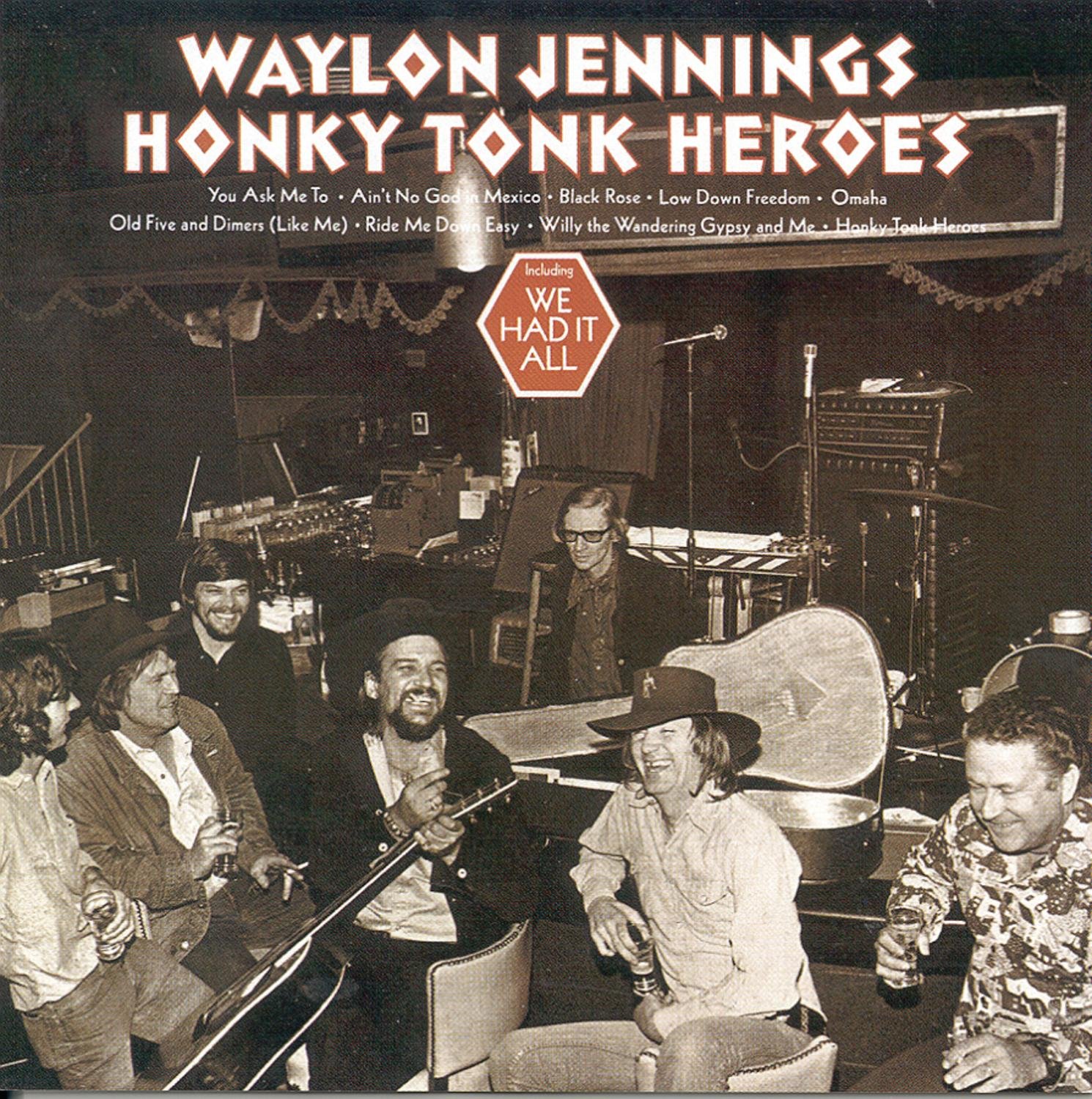 Honky Tonk Heroes
Honky Tonk Heroes
Waylon's style of singing, writing songs, and playing guitar was as distinctive as his larger-than-life persona. His voice, a deep, resonant baritone, conveyed a range of emotions from stoic resilience to heartfelt vulnerability. This vocal quality, combined with his straightforward yet poetic lyrics, created songs that were both deeply personal and universally relatable. In his guitar playing, Waylon blended the twang of traditional country with the raw edge of rock and roll, crafting a sound that was uniquely his own. His use of the Fender Telecaster, combined with his rhythmic, percussive strumming, added a driving force to his music that set him apart from his contemporaries. Waylon Jennings was not just a musician; he was a storyteller, a pioneer, and an enduring symbol of the outlaw spirit.
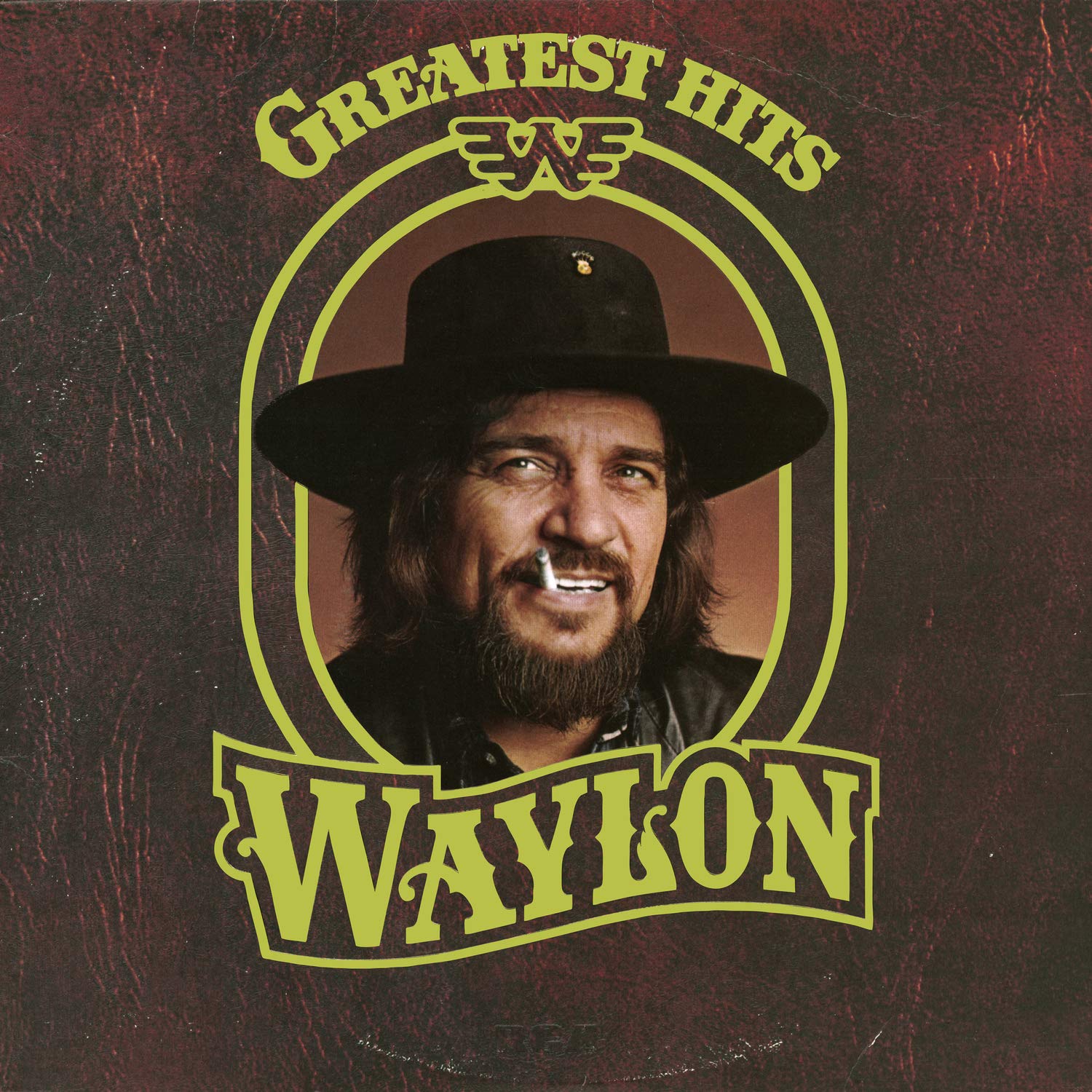 Outlaw Harmony: Celebrating Waylon Jennings
Outlaw Harmony: Celebrating Waylon Jennings
Waylon's top 15 songs resonate like echoes from the honky-tonks and highways:
"Mammas Don't Let Your Babies Grow Up to Be Cowboys" - A duet with Willie Nelson that became an anthem for rugged independence.
"Luckenbach, Texas (Back to the Basics of Love)" - A yearning for simpler times and heartfelt connections.
"Good Hearted Woman" - A testament to the steadfast love of a woman for a rambling man.
"Are You Sure Hank Done It This Way?" - A critique of the music industry and a nod to Hank Williams' enduring influence.
"I've Always Been Crazy" - Waylon's self-reflection wrapped in a rollicking tune.
"Theme from The Dukes of Hazzard (Good Ol' Boys)" - A song synonymous with rebellious spirit and Southern charm.
"Lonesome, On'ry and Mean" - A raw portrayal of a life lived on the edge.
"Only Daddy That'll Walk the Line" - A foot-stomping declaration of defiance.
"Honky Tonk Heroes" - A collaboration with Billy Joe Shaver that solidified Waylon's outlaw image.
"Amanda" - A tender ballad that reveals a softer side of the rugged troubadour.
"Rainy Day Woman" - A story of resilience and grit.
"Bob Wills is Still the King" - A tribute to the Western swing legend.
"The Wurlitzer Prize (I Don't Want to Get Over You)" - A melancholic ode to lost love.
"Dreaming My Dreams with You" - A beautiful exploration of longing and dreams.
"Don't You Think This Outlaw Bit's Done Got Out of Hand" - A candid look at the outlaw persona and its consequences.
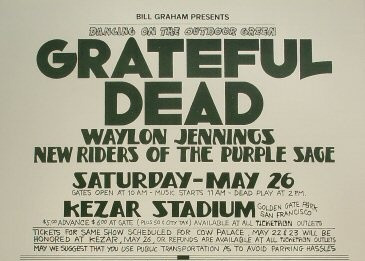 5/26/73 - Kezar Stadium
5/26/73 - Kezar Stadium
In 1973, Waylon Jennings found himself sharing a stage with the Grateful Dead at Kezar Stadium, a convergence of musical worlds as unexpected as it was electrifying. The Dead were riding the high tide of their creative wave, while Waylon was carving out his niche as a leader of the outlaw country movement. This unlikely pairing on May 26th created an unforgettable fusion of cosmic country and psychedelic rock.
The paths of Waylon and the Dead crossed again at Willie Nelson's Picnic on July 1, 1978. The Dead played their set, electrifying the audience with their signature blend of extended jams and soulful melodies. As the clouds began to gather, a storm brewed, setting the stage for Waylon's performance. Willie Nelson’s longtime road manager, Poodie Locke, recounted the scene: "The Dead played three and a half hours while we watched the clouds building up. This big storm blew in and it was pouring rain when Waylon took the stage. Waylon freaked out. Lightning ain’t the best thing to have happen when you got all this electrical equipment around you. Waylon hadn’t been to sleep in about a year—he just ate Hershey’s Kisses and snorted cocaine. Waylon started hyperventilating. He froze. So Willie walked out on stage, took Waylon’s guitar, and kept on picking."
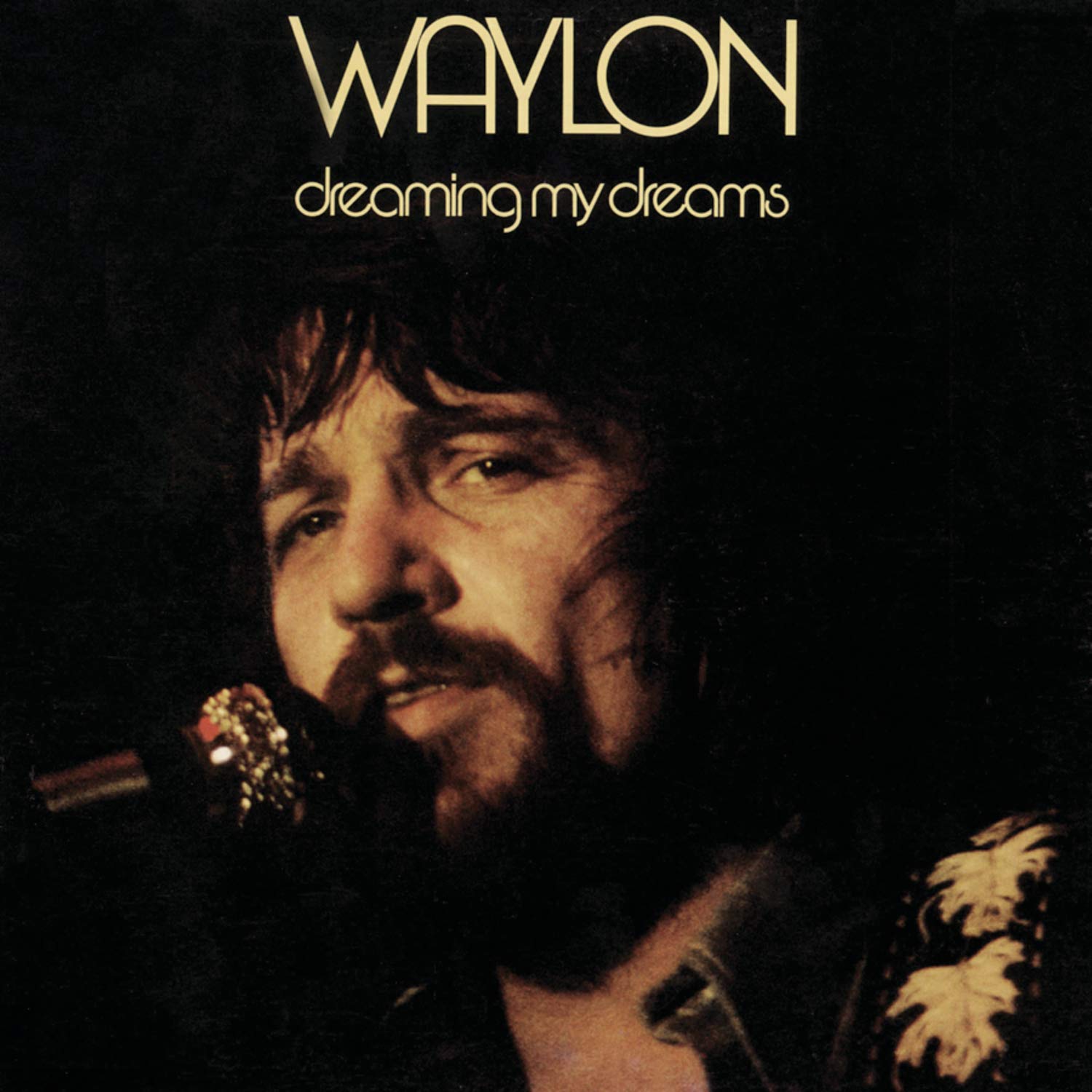 Rebel Spirit: Honoring Waylon Jennings on His Birthday
Rebel Spirit: Honoring Waylon Jennings on His Birthday
Waylon Jennings, with his weathered voice and rebel spirit, left an enduring mark on the world of music. His songs continue to inspire, resonating with those who walk the fine line between tradition and rebellion. As we remember him today, we celebrate not just his music, but the fearless heart and soul that fueled it. Here’s to Waylon Jennings, a true original who found harmony in the clash of cultures and brought us along for the ride.





